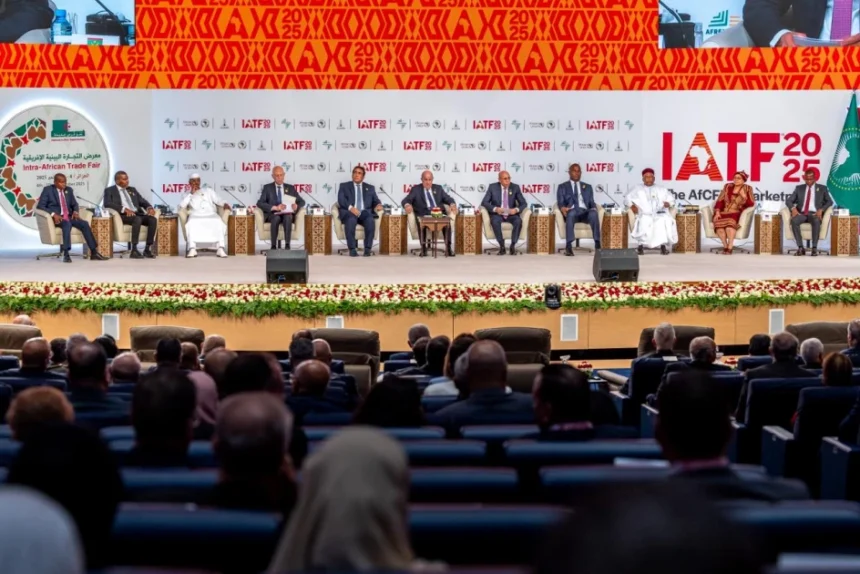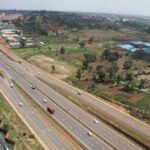Deputy President Kithure Kindiki has expressed confidence that Africa will overcome poverty and insecurity by investing in trade, infrastructure, and digital transformation.
Speaking at the 4th edition of the Intra-African Trade Fair (IATF 2025) in Algeria, Kindiki said the continent is entering a watershed moment in which citizens will finally be free of want and fear.
“This is Africa’s century because the two aspirations we have always struggled to achieve will be achieved in this century: to liberate the African citizen from fear, and to empower them to live free from want and poverty,” said the Deputy President.
He emphasised that economic empowerment is as vital as political freedoms, pointing to trade as the vehicle that will eradicate poverty and reduce insecurity.
“Political liberty without economic liberty is futile. Trade is the route that will drive poverty and want from Africa,” he noted.
According to Kindiki, Kenya is aligning its policies with the continental vision by investing heavily in infrastructure and connectivity projects that will boost regional trade.
He cited the Lamu Port and the LAPSSET Corridor, which link Kenya, Ethiopia, and South Sudan through roads, pipelines, and internet connectivity, with plans for a future railway.
He also pointed to the Standard Gauge Railway, which is being extended from Mombasa through Nairobi to Uganda, and ultimately to the Democratic Republic of Congo, creating a link from the Indian Ocean to the West African coast.
To ease cross-border trade, Kenya is also building modern one-stop border posts with Tanzania, Ethiopia, South Sudan, and Somalia, enabling officials to work from a single facility and simplify the movement of goods and people.
The Deputy President underlined the role of digital infrastructure, revealing that Kenya has already laid 24,000 kilometres of fibre optic cable as part of a 100,000-kilometre project to be completed within the next two and a half years.
He said a robust financial system is equally important, praising Kenya’s innovations in mobile money and fintech while urging African countries to perfect the Pan-African payment system for seamless real-time settlements in local currencies.
Kindiki warned that with shrinking fiscal space and rising debt, Africa must turn to innovative resource mobilisation, including greater use of Public-Private Partnerships (PPPs) to finance trade, infrastructure, and digitalisation.
Finally, he stressed that Africa’s growth must be inclusive, ensuring women, youth, and all regions benefit equally.
“For Africa to achieve prosperity, it must be inclusive across generations, gender, and regions. Women and young people must be deliberately included in our growth story,” he said.



